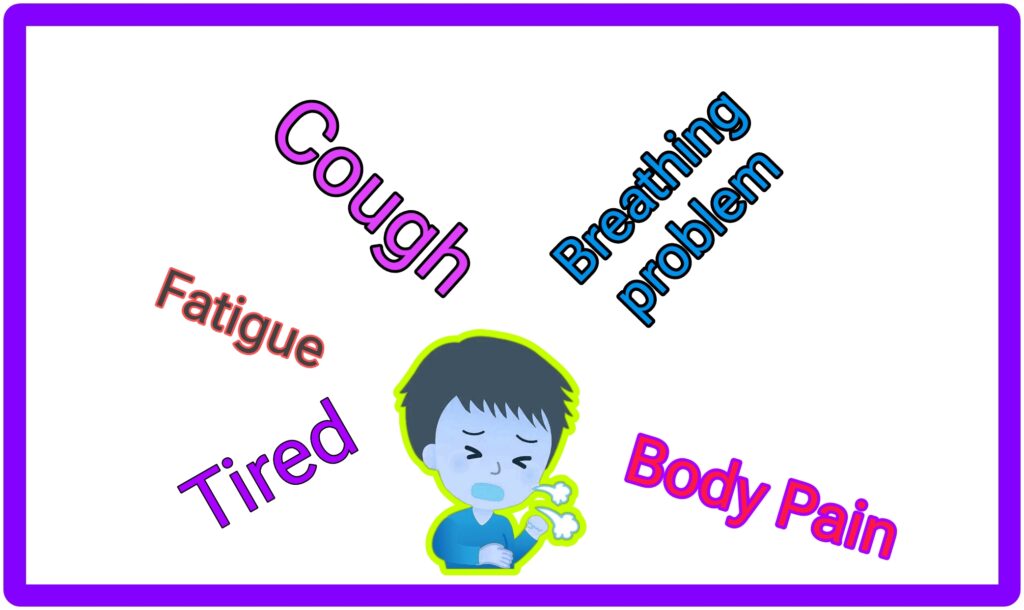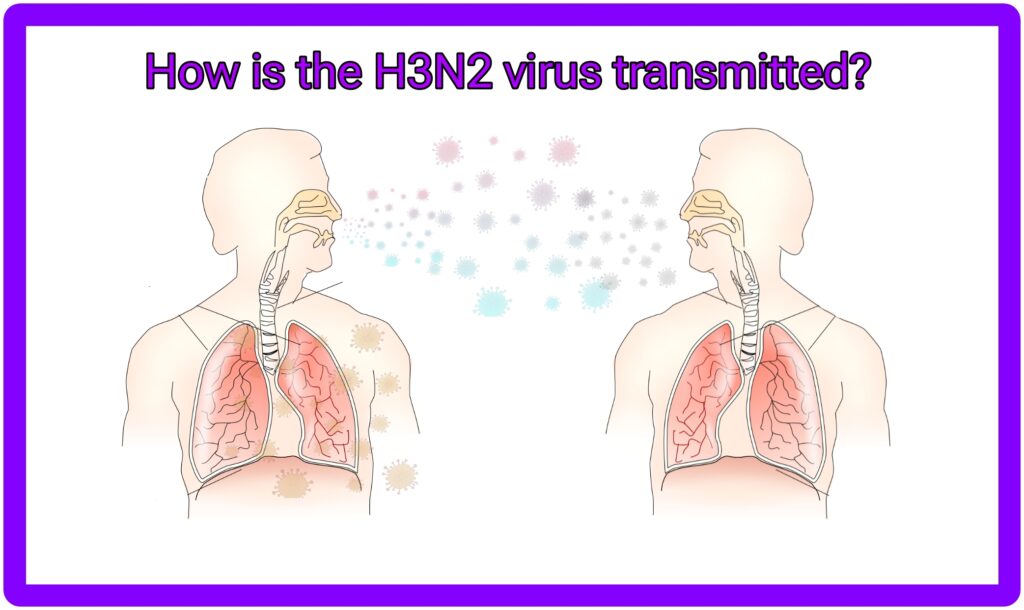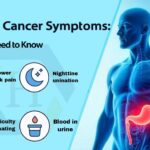Understanding H3N2 Virus Symptoms What You Need to Know
Welcome to OurHealthWeb.com, your trusted source for health-related insights. In this article, we’ll unravel the specifics of H3N2 virus symptoms, providing you with essential information in an easy-to-understand manner.
Understanding H3N2 Virus Symptoms What You Need to Know
What is H3N2 Virus?
H3N2 is a subtype of the influenza A virus, commonly known as the seasonal flu. It’s characterized by its rapid spread and can cause severe respiratory illness, particularly in vulnerable populations.
Understanding H3N2 Virus Symptoms What You Need to Know
 Common Symptoms:
Common Symptoms:
- Fever and Chills: H3N2 often leads to a sudden onset of high fever and chills. Monitoring your body temperature is crucial.
- Cough and Sore Throat: Persistent cough and a scratchy or sore throat are typical symptoms. Stay hydrated and consider lozenges for relief.
- Fatigue: Feeling unusually tired or weak is common. Rest and proper nutrition are vital for recovery.
- Body Aches: Muscle and body aches are prevalent with H3N2. Over-the-counter pain relievers can help ease discomfort.
- Shortness of Breath: In severe cases, H3N2 can cause difficulty breathing. Seek medical attention immediately if you experience this symptom. Preventive Measures:
- Get Vaccinated: Annual flu vaccination is the best defense against H3N2 and other influenza strains.
- Practice Good Hygiene: Wash your hands frequently, avoid touching your face, and use hand sanitizers to minimize the risk of infection.
- Maintain Distance: Stay away from crowded places, especially during flu season. Social distancing can prevent the virus from spreading.
- Boost Your Immunity: Eat a balanced diet, exercise regularly, and ensure you get adequate sleep to strengthen your immune system.
Understanding H3N2 Virus Symptoms What You Need to Know
When to Seek Medical Help:
If you experience severe symptoms, such as persistent chest pain, confusion, or bluish lips, seek medical attention immediately. Individuals with underlying health conditions, young children, and the elderly are at higher risk and should be especially vigilant.
By staying informed and following these preventive measures, you can safeguard yourself and your loved ones against the H3N2 virus. For more in-depth articles on health topics, visit OurHealthWeb.com. Stay healthy and informed!
Understanding H3N2 Virus Symptoms What You Need to Know
Understanding H3N2 Virus Symptoms What You Need to Know
FAQs ofUnderstanding H3N2 Virus
Q: What are the common symptoms of the H3N2 virus?
- A: Common symptoms include fever, cough, sore throat, body aches, fatigue, and respiratory issues.
Q: How is the H3N2 virus transmitted?

- A: The virus is mainly spread through respiratory droplets when an infected person coughs or sneezes. It can also spread by touching surfaces contaminated with the virus.
Q: Who is at higher risk of severe complications from H3N2?
- A: Young children, elderly individuals, pregnant women, and people with underlying health conditions are at a higher risk of severe complications.
Q: How can I protect myself from the H3N2 virus?
- A: Practice good hygiene, get vaccinated, avoid close contact with sick individuals, and maintain a healthy lifestyle.
Q: Is there a specific treatment for H3N2?
- A: Antiviral medications can help reduce the severity and duration of symptoms if administered early. Supportive care, such as rest and hydration, is also important.
Q: Can I get the H3N2 virus more than once?
- A: Yes, it is possible to get infected more than once as the virus can mutate. However, previous infection or vaccination may provide some level of immunity.
Q: What should I do if I suspect I have H3N2 symptoms?
- A: Seek medical advice, especially if you are at higher risk of complications. Stay home to prevent spreading the virus to others.
Q: How effective is the H3N2 vaccine?

- A: Vaccine effectiveness can vary, but getting vaccinated is still the best way to reduce the severity of symptoms and prevent complications.
Q: Are there specific measures to protect vulnerable populations?
- A: Yes, extra precautions, such as avoiding crowded places, wearing masks, and practicing strict hygiene, are recommended for vulnerable populations.
Q: What is the difference between H3N2 and other flu strains?
- A: Different flu strains have distinct genetic characteristics, and vaccines are formulated to target the prevalent strains each season.
Understanding H3N2 Virus Symptoms What You Need to Know
click here to know about Lymph Nodes
These FAQs aim to provide additional insights and address common questions related to the H3N2 virus and its symptoms










